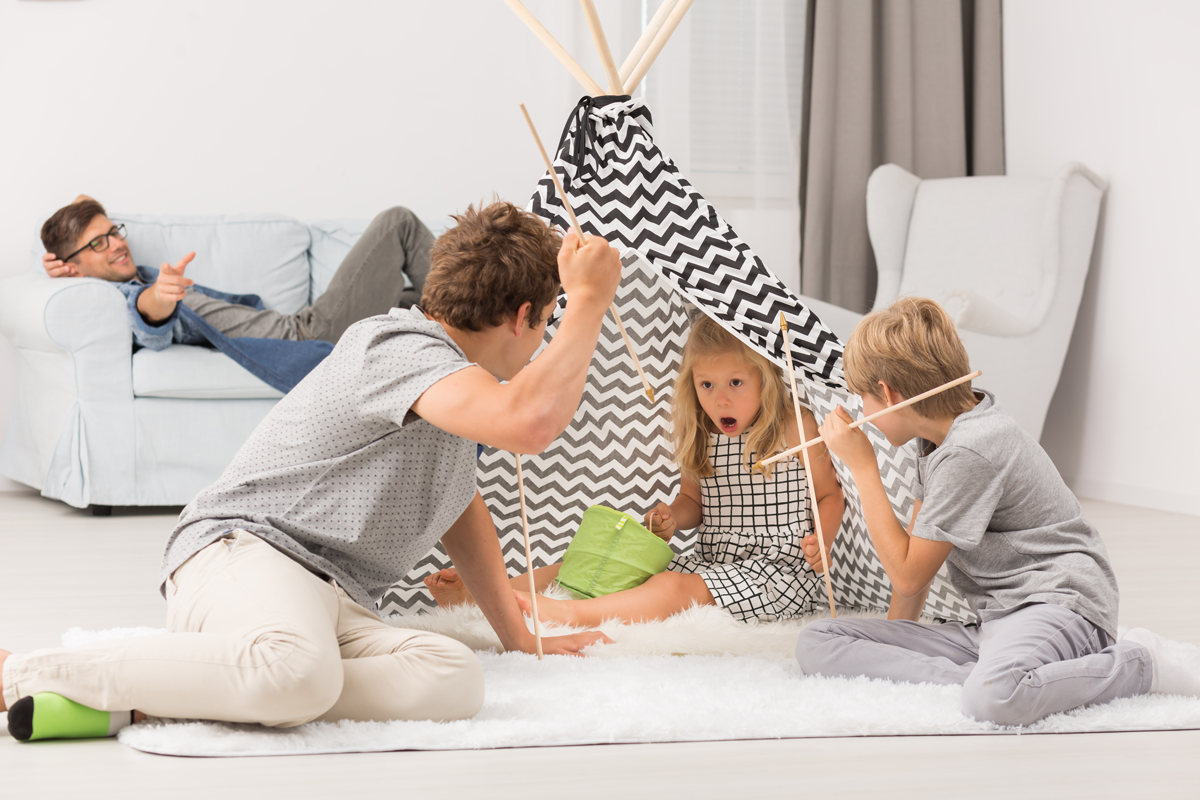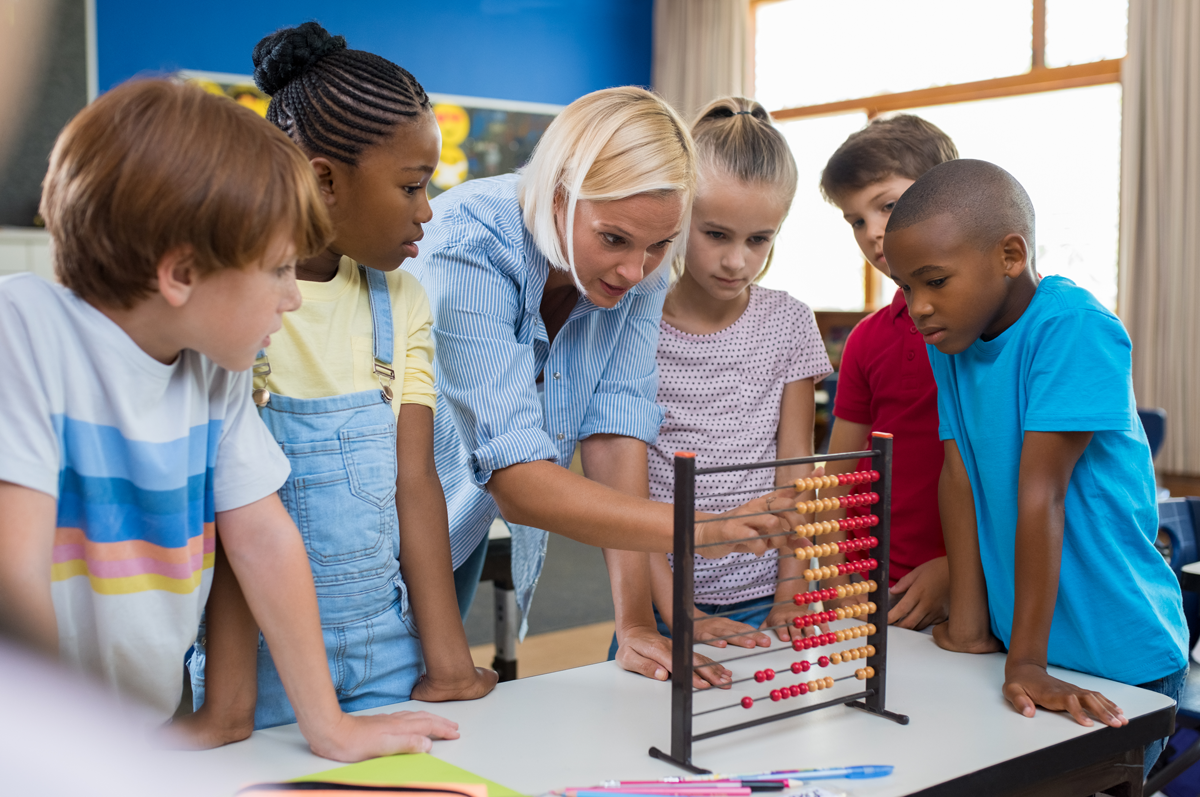A few days ago I was looking for my next read and had contemplated The Carpenter and The Gardener by Alison Gopnik. I am an educator, without children of my own, and after seeing the description focused on parenting, I decided the book was not for me. In the past few days, I’ve wondered about this, and have come to the conclusion that I was wrong, and that we hold the wrong perception if we don’t believe teachers, or other authority figures in children’s lives, are highly involved in parenting.
It’s about the power of influence
“It takes a village to raise a child.”
This is quite an old saying and one that as neighbors become more isolated, especially in America, appears to be considered less and less. Developmental psychologist Alison Gopnik mentions in an interview how the “extended family is a thing of the past” regarding their involvement in child rearing.
If we look at parenting as only the job of the parent, rather than of all of those influencing the child’s life, then we take away the responsibility, but not the influence. The interactions with these group of people will continue to happen, the only difference is now these authority figures have been relieved from the responsibility of proceeding with the intention of mindful parenting.

Would it not be different if the primary responsibility of a teacher was to be involved in the nourishing and parenting of a child rather than cranking out A-testing students for her own rankings?
Would it not be different if more of the media acknowledged their influence in the development of our future generations, and took a part in proper co-parenting rather than seeing these children as consumer machines?
If neighbors, uncles, aunts, instead of judging – a common trait in those who don’t see themselves responsible for an outcome and so can easily look down on those who are – were to bear responsibility for the upbringing of the child they would think twice about the comments, expectations, and criticism placed on him or her.

I do acknowledge this can become a nightmare if taken too far, as we all have different opinions on how best to raise a child, and there should, of course, be boundaries that only the parents are allowed to cross. What I’m talking about here is not meddling in all of the parents’ decisions, but rather a mindset change, and an understanding that we all play a little part in the upbringing of the upcoming generation.
As teachers, as employers, supervisors, religious authorities, social media influencers, mentors, neighbors, extended family or friends, we are the society that influences and co-creates the realities and expectations they grow into. It is our responsibility as the child’s community to make sure he/she is able to grow in a safe, positive and stimulating environment.
Whether we like it or not, we are collectively parenting the next generations, and so we should assume the responsibility it comes with. I think this simple mindset shift can have us all thinking deeper about our own sense of morality and ethics, about the importance of learning and independent thinking, and of our physical, nutritional and environmental health.
So what can we do in order to be better at co-parenting?

Mind the Gap
We all have values we talk about, but how in sync are they with the values we practice. When there is a gap between our spoken and practiced values, know that children will imitate the practiced values over the spoken ones. Acknowledging our responsibility in the upbringing of the coming youth will have us reflect upon our actions, and question why we do what we do…is it because of fear? Do we truly believe what we are practicing? At the end of the day, the biggest step we can take in creating a good next generation is making sure we work on ourselves as much as we can.
Create A No Judgement Zone
Children are going through enough without having to feel your judgment and feeling belittled or like they’re not enough…and there are enough people in the world who could care less about their influence on them and will do it anyway, so don’t be that person. Instead, be the person that can give them the support and toolbox to manage those difficult moments and come out stronger. This does not mean you coddle, you can be brutally honest when you have to, but there is a difference between being honest, and just undermining dreams.
Be a Gardener, Not a Carpenter
One of the most stressful things for a young person growing up is all the pressures of what he or she “should” be, and our efforts to try and mold them into that image. Instead, make sure your actions and words are nourishing and encouraging for the child to explore and discover where his abilities and interests develop best in this world. This will relieve much anxiety rampant in the competitive environments we’ve created for our children and will bring the joy of being able to discover themselves…which is the only thing they should really be doing at that age.

So now go and be a more impactful teacher, a more impactful mentor and a more impactful family member and friend. It’s as simple as proceeding with love before anything else, always looking out for the wellbeing and mental health of our children. I will tell you this is not easy, it requires us to care and be vulnerable, but when you see the fruits of your influence I can tell you it’s worth the world.


